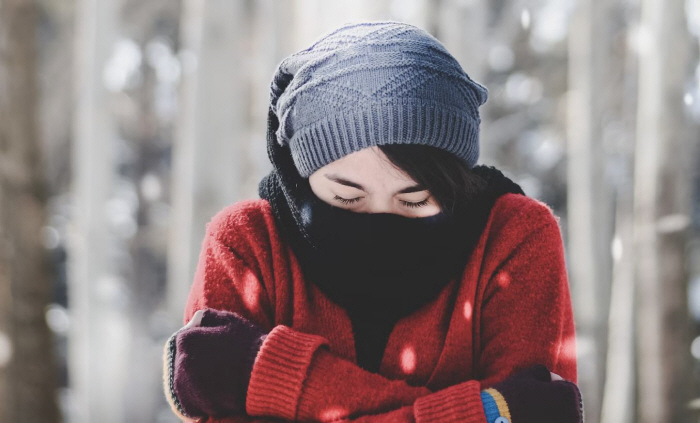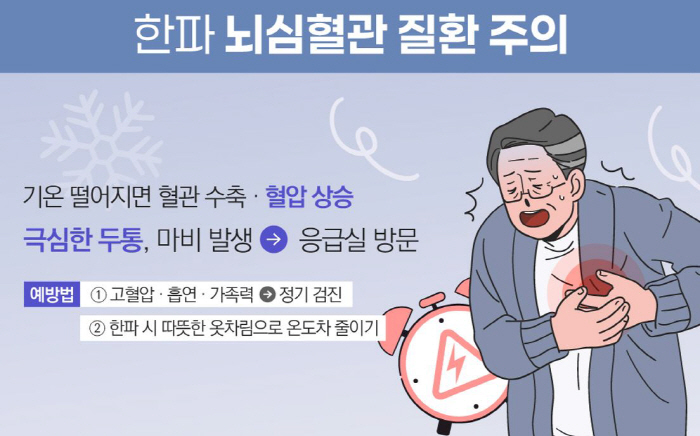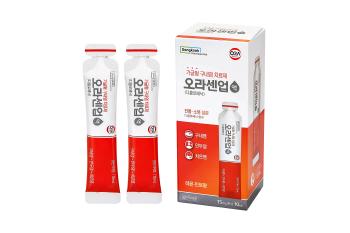Cardio-cerebrovascular disease warning in cold weather...Risk of the elderly and cardiovascular disease
Oct 27, 2025
|
According to data from the Korea Centers for Disease Control and Prevention, a total of 334 people with cold illness were reported during the '2024-2025 season (December 1 to February 28)', of which 8 were estimated deaths. By symptom, hypothermia accounted for about 80.2%.
In terms of gender, males (69.8%) were about 2.3 times more than females. As for the age group, 54.8% of those aged 65 or older accounted for the most, and 87.5% of the deaths were over 65 years old.
The location of occurrence was 74.0% outdoors, which was about 2.9 times more than indoors, followed by 'street (25.4%)', 'home (18.3%)', and 'residential area (14.1%)'. The time of occurrence was 20.1% from 6 a.m. to 9 a.m. and 16.8% from 9 a.m. to 12 a.m., which seems to have been mainly affected by the lowered temperatures from dawn to morning. As such, it is urgent to pay attention to direct cold diseases (hypothermia, frostbite, etc.) and cardio-cerebrovascular diseases caused by cold waves.
When the temperature drops suddenly, various burdens are placed on the body. When exposed to cold air, peripheral blood vessels contract and react to preserve body heat. This can increase blood pressure and speed up your heart rate. Such vasoconstriction and increased blood pressure increase viscosity (stickiness) in the blood and increase platelet activation and clotting tendency, making blood clots in blood vessels more likely to occur.
Choi Kyu-young, a circulatory specialist at H Plus Yangji Hospital, said "In a hypothermic state, the function of major organs such as the heart, lungs, and brain may be deteriorated, and the autonomic nervous system may be excessively stimulated, putting a greater burden on the cardiovascular system."
In particular, the elderly or patients with chronic diseases such as high blood pressure, diabetes, and hyperlipidemia are weak in coping with changes and can quickly lose their body temperature during outdoor activities. During cold weather, the risk of heart and cerebrovascular diseases increases as well as simple colds and frostbite. Acute myocardial infarction is a disease caused by the sudden blockage of the coronary arteries that supply blood to the heart muscle by blood clots.
When blood vessels contract due to cold temperatures and blood pressure rises, stroke (cerebral infarction, cerebral hemorrhage) increases the likelihood of clogging or bursting of blood vessels in the brain. In addition, vasoconstriction and elevated blood pressure may lead to greater symptom worsening in patients with conventional coronary stenosis.
On the other hand, symptoms of acute myocardial infarction can be squeezed or compressed in the center of the chest, and pain may extend to the left shoulder, arm, neck, or jaw. It can be accompanied by shortness of breath, cold sweat, dizziness, or vomiting. If symptoms persist for more than 30 minutes or if you experience sudden chest pain, frustration, or shortness of breath, which is not usual in an environment where blood vessels contract rapidly and the possibility of clotting increases, you should immediately visit a medical institution.When a cold wave comes, it does not end with just taking care of warmth, and blood vessels are very sensitive to cold temperatures, so the emergency response of our body can put a burden on the cardiovascular system.
Specialist Choi Kyu-young said, `Those with chronic diseases such as hypertension, diabetes, hyperlipidemia, or cardiovascular history should be extra careful because exposure to cold waves can lead to fatal situations such as acute myocardial infarction or stroke," he said.
When you go out, you should wear not only one thick piece of clothing, but also several layers to maintain a certain level of body temperature, and warm your head, neck, and hands and feet with hats, gloves, and necklaces. You should refrain from outdoor activities in the morning when the temperature has fallen as much as possible, and avoid exercising or working suddenly to overdo your body.
It is not just to watch out for colds, but to pay special attention to the fact that the entire blood vessel system inside our body, such as heart and cerebrovascular, can be threatened by cold waves, and if you have an elderly, chronically ill, or cardiovascular history, you should prepare for a sudden cold wave.
|
|
This article was translated by Naver AI translator.
















